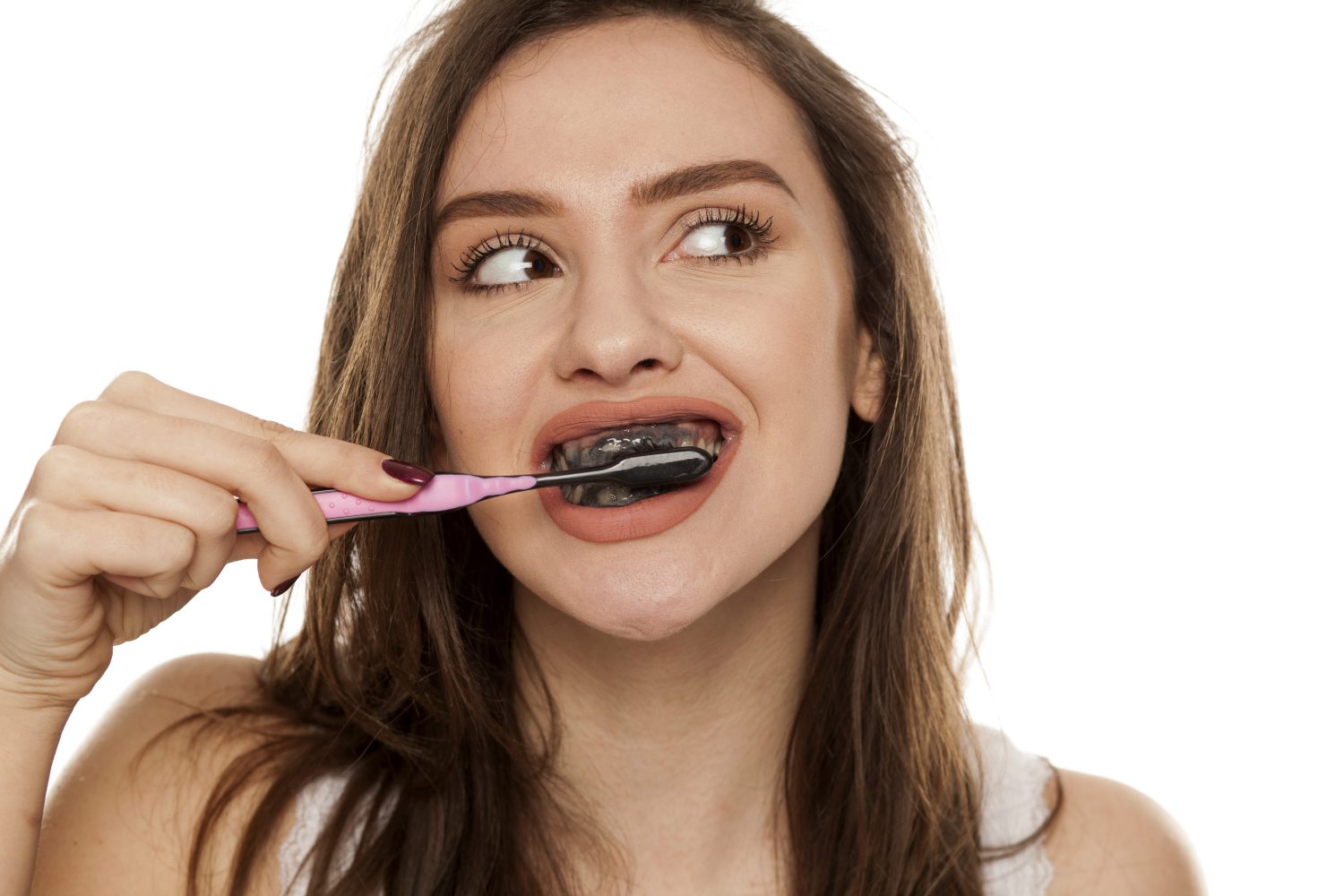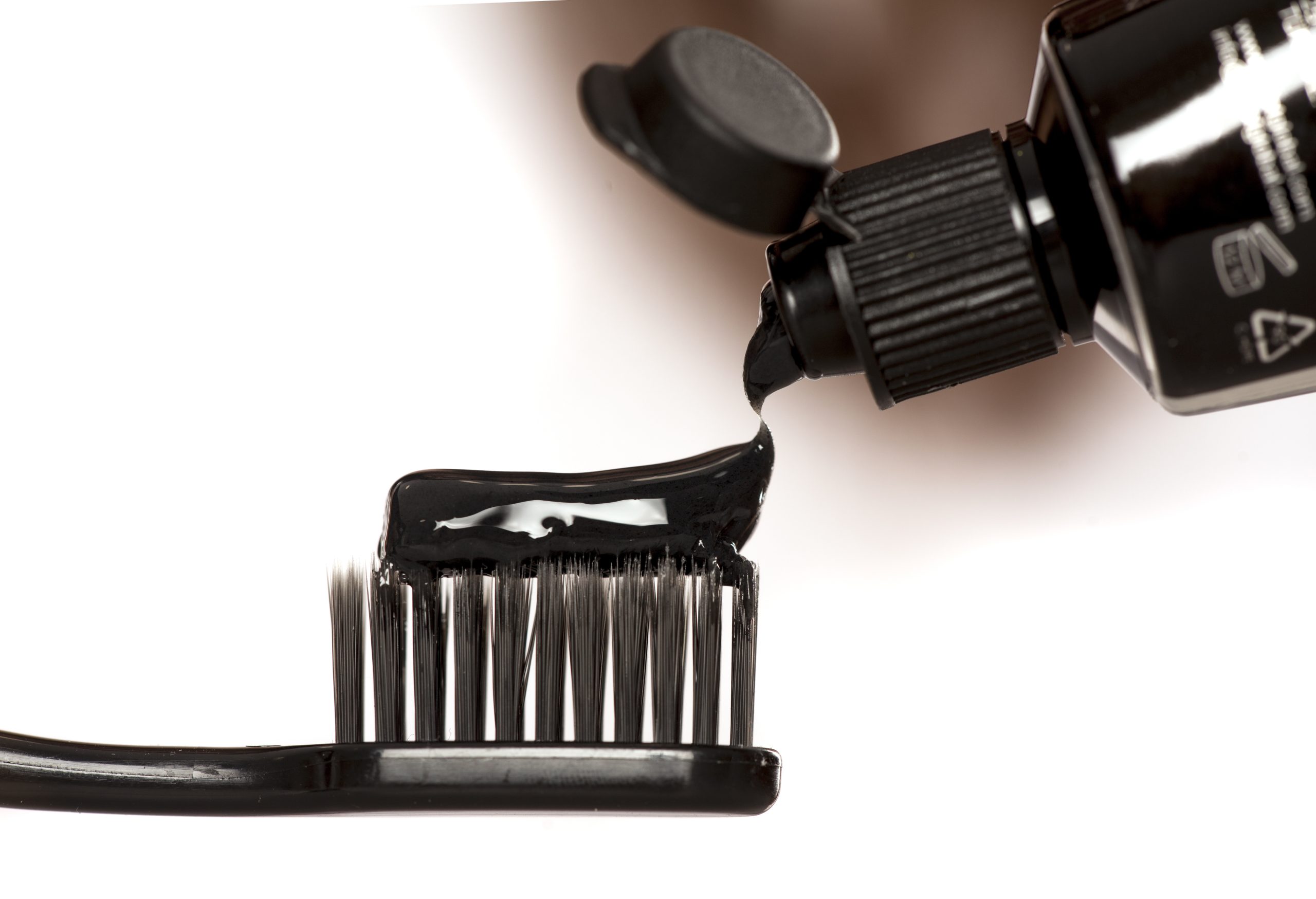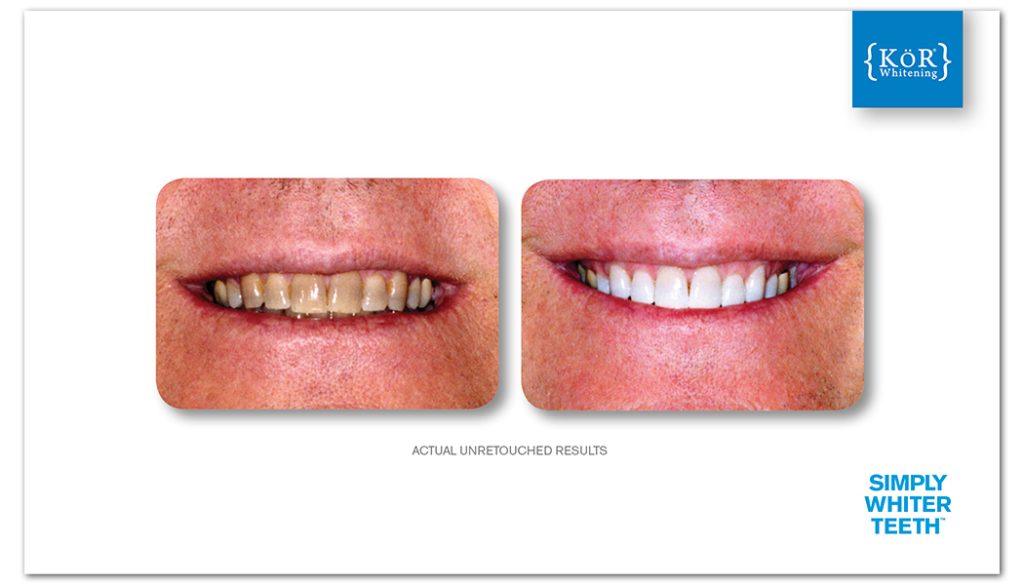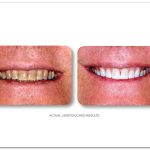
What’s all this hoopla going around about black, activated charcoal (activated carbon) toothpaste and whitening teeth? Is it for real?…No, it’s not.
Do I have anything particularly against activated charcoal toothpaste? Will it cause any harm? No. But it most certainly will not work the way so many claim it will. That’s not just my opinion, it’s science! And you can’t change the laws of physics and chemistry.
To understand why activated carbon will not whiten teeth, I’ll go through some of the science.
Activated carbon works by adsorption of nearly any particle. Notice that I said “aDsorption”, and not “aBsorption”. There’s a huge difference.
Absorption means to suck something inside. Such as food nutrients are absorbed through the intestines into your bloodstream. But aDsorption means to stick to the surface of something. That is how activated charcoal works.
Loose particles will stick to the surface of activated charcoal, almost like a magnet. It’s really something called “van der Walls” forces. These are atomic (magnetic) forces between negatively charged electrons and positively charged protons in atoms and molecules.
So loose particles, regardless of how tiny, will adhere to the surface of activated charcoal, almost as if the charcoal is a magnet. The really cool thing about activated charcoal is that it is incredibly porous, so it has a huge amount of surface area. In fact, just a teaspoon of activated carbon has more surface area than a football field. Just imagine that.

Since activated charcoal has so much surface for particles to stick to, a tiny bit of it can aDsorb a LOT of particles. So activated carbon is a fantastic method to grab onto loose particles and hold them. This is why most wastewater treatment plants use activated carbon to purify the water. As the water goes through the activated charcoal, nearly all of the contaminate particles stick to the porous surfaces of the activated carbon. This includes particles that cause odor and taste, color, and even toxins.
This all sounds pretty good…and it is. But how could this help teeth whitening? Some tooth stains are on the surface of the tooth, and some are inside the tooth. Keep in mind that van der Walls forces are not all that strong. But stain sticks pretty aggressively to the surface of tooth structure. Those van der Walls forces are absolutely not strong enough to pull stains off the surface of the teeth, and obviously, there is no way they can suck out stains from within the tooth structure.
“Will it cause any harm? No. But it most certainly will not work the way so many claim it will. That’s not just my opinion, it’s science!”
First, you need abrasiveness so that as you brush, the abrasiveness of the toothpaste will scrape any surface stain off the teeth. Once that happens, those stains are loose and floating in your saliva and in the toothpaste. And certainly, once loose, THEN those stains could stick to the porous surface of activated charcoal.
But is that really important? No. Those loose stains would otherwise be rinsed and spit from the mouth anyway. So why did we need those stains to first aDhere to the activated carbon? There was absolutely no need. One of the more popular activated charcoal toothpastes is the Curaprox “Black is White” Toothpaste, which advertises in dental journals.
Their advertisements seem to be full of hype and some incorrect statements. Their ad claims to have “low abrasivity – RDA at 76”. RDA means “Relative Dentin Abrasiveness”. It is a scale created by the ADA (American Dental Association) to compare abrasiveness of toothpaste. The lower the RDA number, the less abrasiveness.
An RDA of 76 places this toothpaste into the Medium Abrasiveness category, NOT the “low abrasiveness” category. So, though it is not a problematic RDA level, it most certainly is not in the “low” category as they claim.
So do I have anything AGAINST activated carbon toothpastes? No, not at all! But do I think that they provide any benefit, or even as much benefit, as many other toothpastes? Nope. I see absolutely zero benefit other than the “cool factor” of using a black toothpaste.
There are a myriad of brands of activated charcoal toothpastes on the market. They may be pastes in tubes, or they may come as powder in jars.
For more information about KöR® Whitening and the science behind our groundbreaking teeth whitening system, contact us today at info@evolvedental.com.







